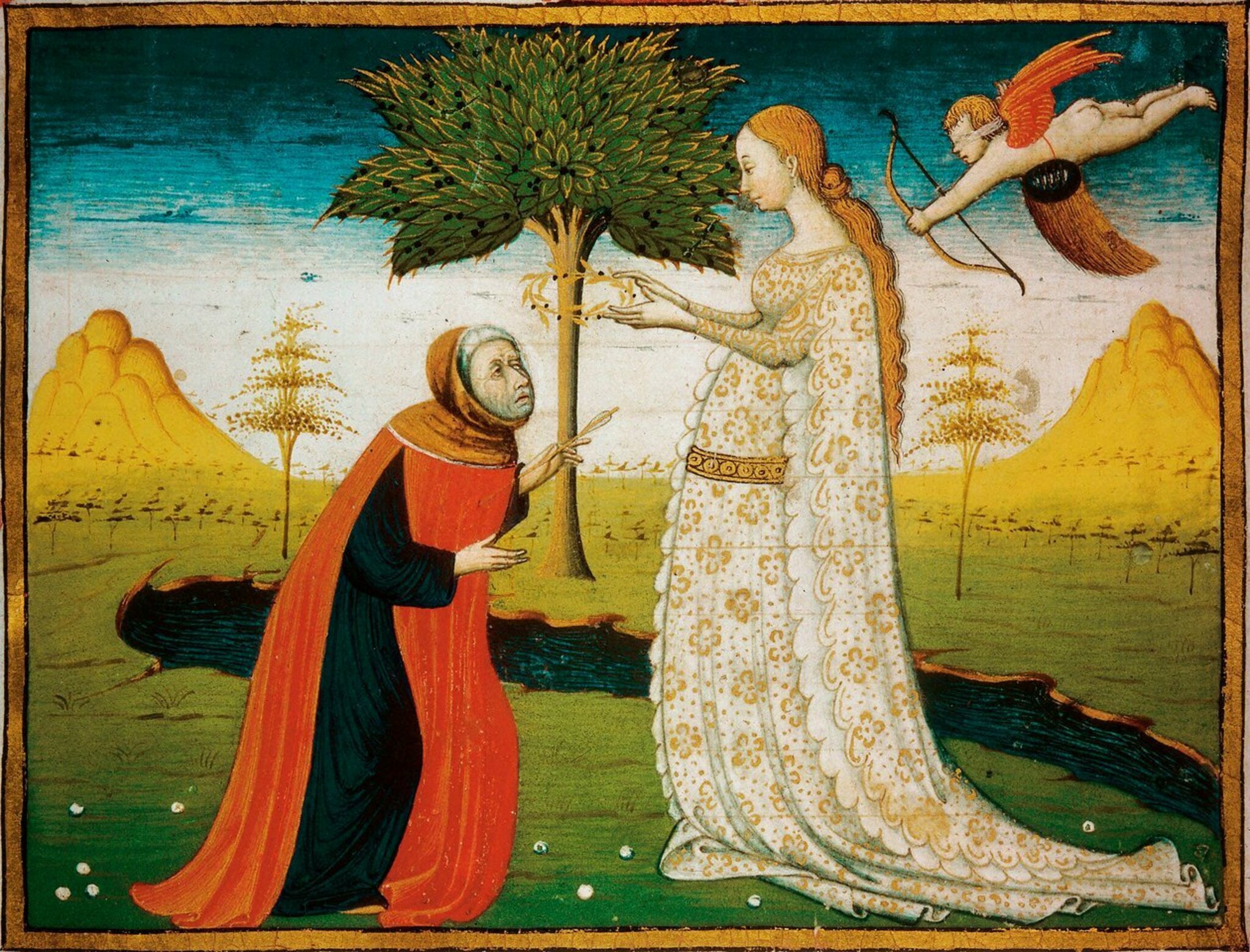Magdeburg, Germany, 2024. 204 wounded, at least 5 dead.The story of a massacre, of an attack on a christmas market and the story of a contemporary Europe with a weak Germany at its heart.

Image: Petrarch and Laura, 15th Century— Culturally the birth of Europe after the catholic church.
A psychotic saudi doctor, a former prison psychologist who migrated to Germany nearly 20 years ago, never reconciled with his cultural conflict. Meanwhile, Germany failed to convey Europe’s true essence. Merkel and the moderate left promoted open borders and tolerance but overlooked the need to understand European identity. These “Merkels” lacked patriotism and philosophical connection to Europe, never challenging the Saudi man’s authoritarian views on religion and gender.
The German elite ignored the need for cultural integration and failed to explain liberal values, Enlightenment ideals, and religious critique that shaped Europe. Instead, they naively embraced Francis Fukuyama’s “End of History” concept. Culture doesn’t unite people; it separates them. It exists for survival, linking societies to ideas offering hope for the future. In Europe today, these ideas are in decline. Many youth, especially in Germany, believe the climate crisis is insurmountable, and that poverty and reduced emissions are the only solutions. This mindset, that nature would be better off without humans, is growing.
Germany, passive and defenseless, faces rising right- and left-wing extremism. Politicians in the center, unable to balance safety and freedom, seek authoritarian measures—more surveillance, more control, and less freedom. They claim they can’t prevent future attacks because they fail to understand the cultural collapse at Europe’s heart. Populists across the spectrum call for more state power, undermining democracy and reviving 20th-century authoritarian ideologies. This path threatens liberal democracies.
The Magdeburg attacker’s social media mirrored Putin’s rhetoric, framing the West as an enemy to destroy. Politicians offer no answers, unable to explain Europe’s success since the 15th century—through the Renaissance, Enlightenment, science, technology, humanism, and liberal democracies. They focus on the past without understanding thinkers like Petrarch or Nietzsche, offering no vision for Europe’s future.
The ideologies of the 20th century—socialism and fascism—linger in new forms. At the core is a cultural crisis, more intellectual than technological. Europe could easily overcome its enemies if it embraced liberal ideals and communicated why it’s worth protecting. But for now, we’ve lost our way, leaving ourselves vulnerable to attacks. We must fight for new ideas or risk losing our achievements.
